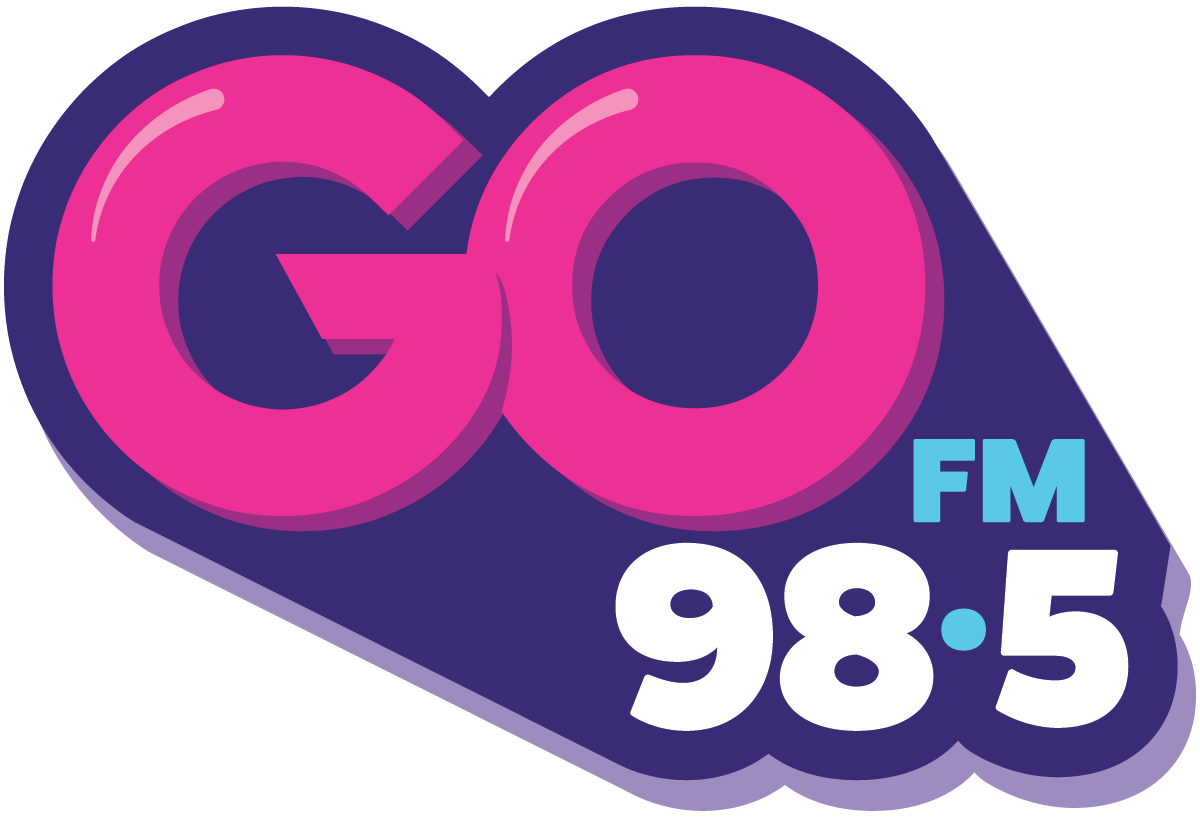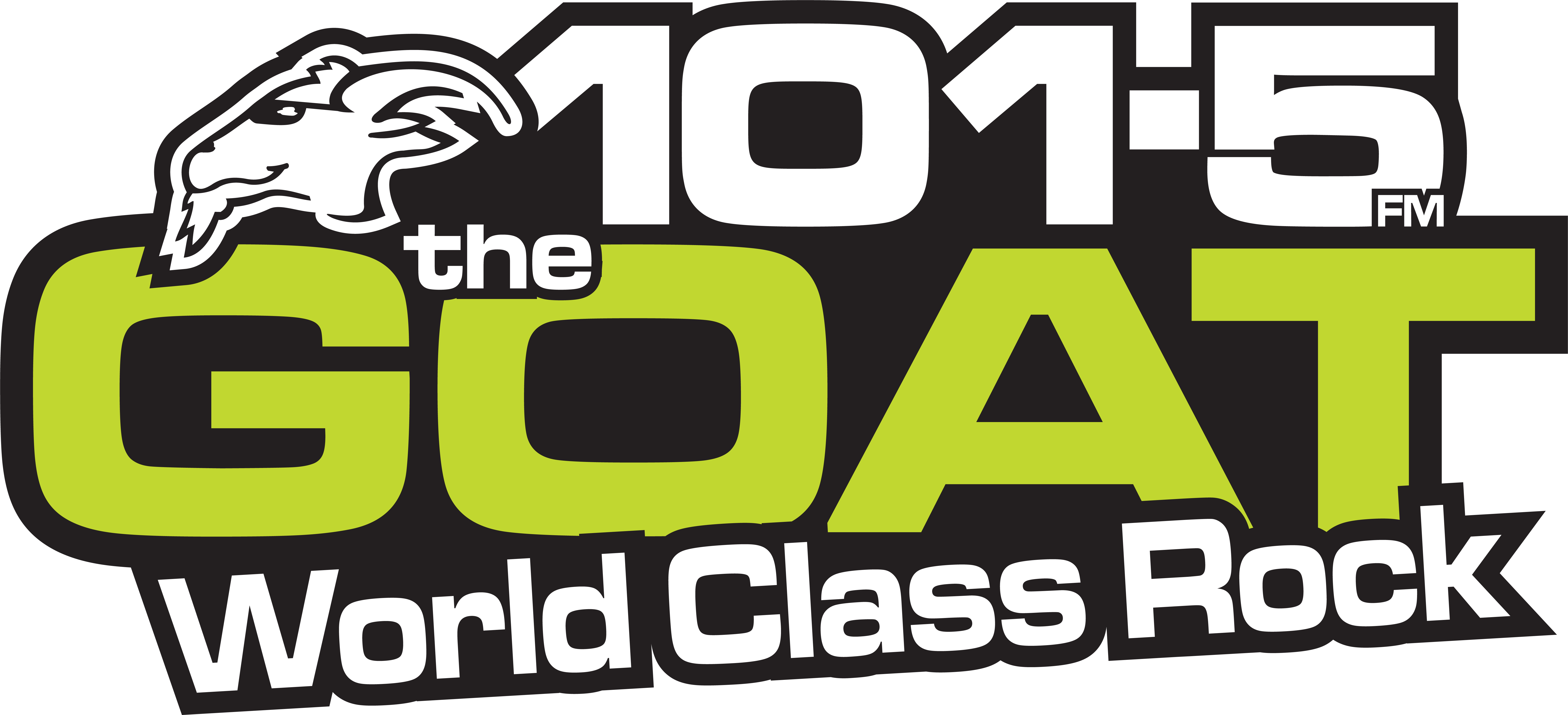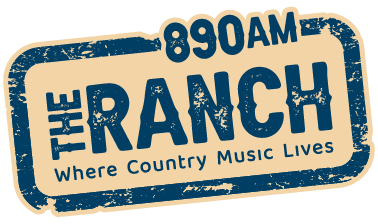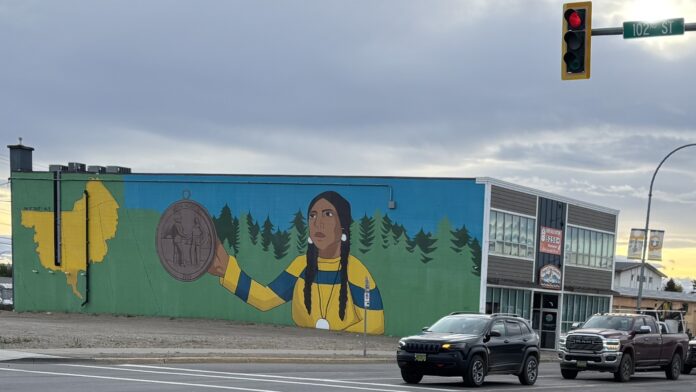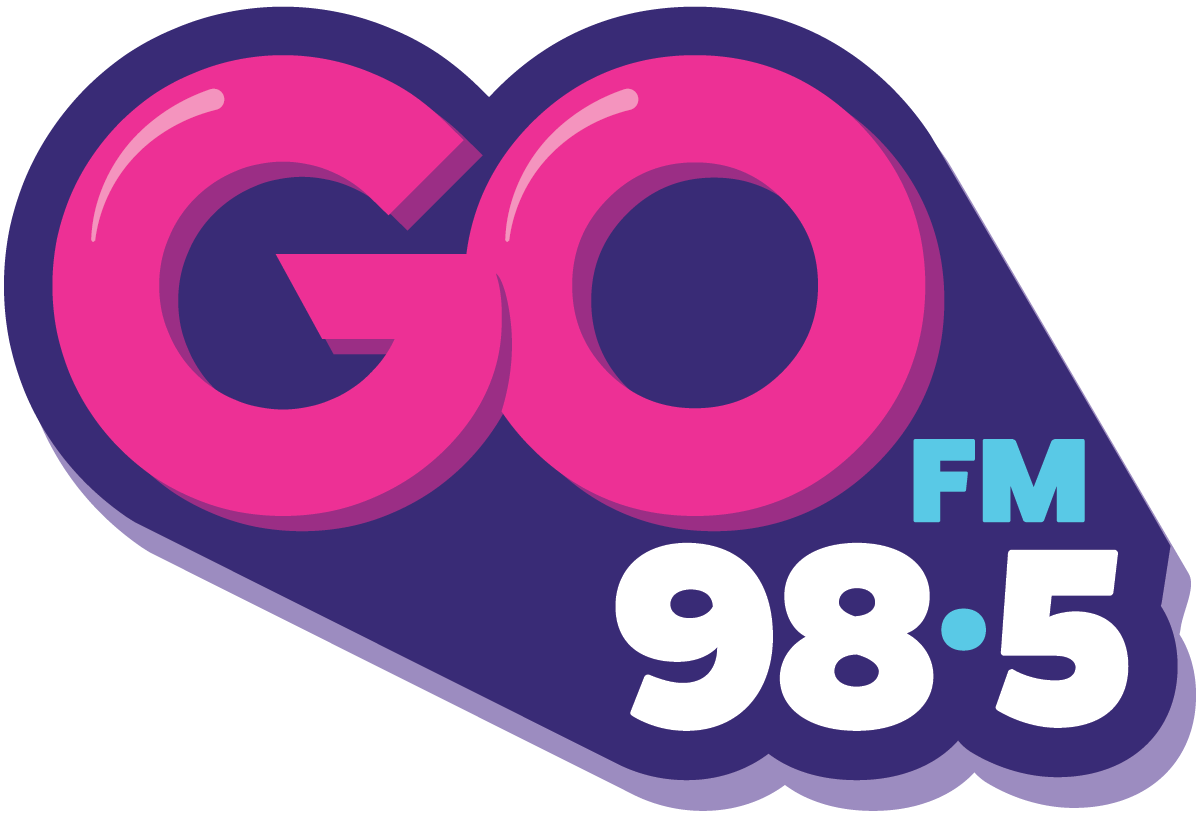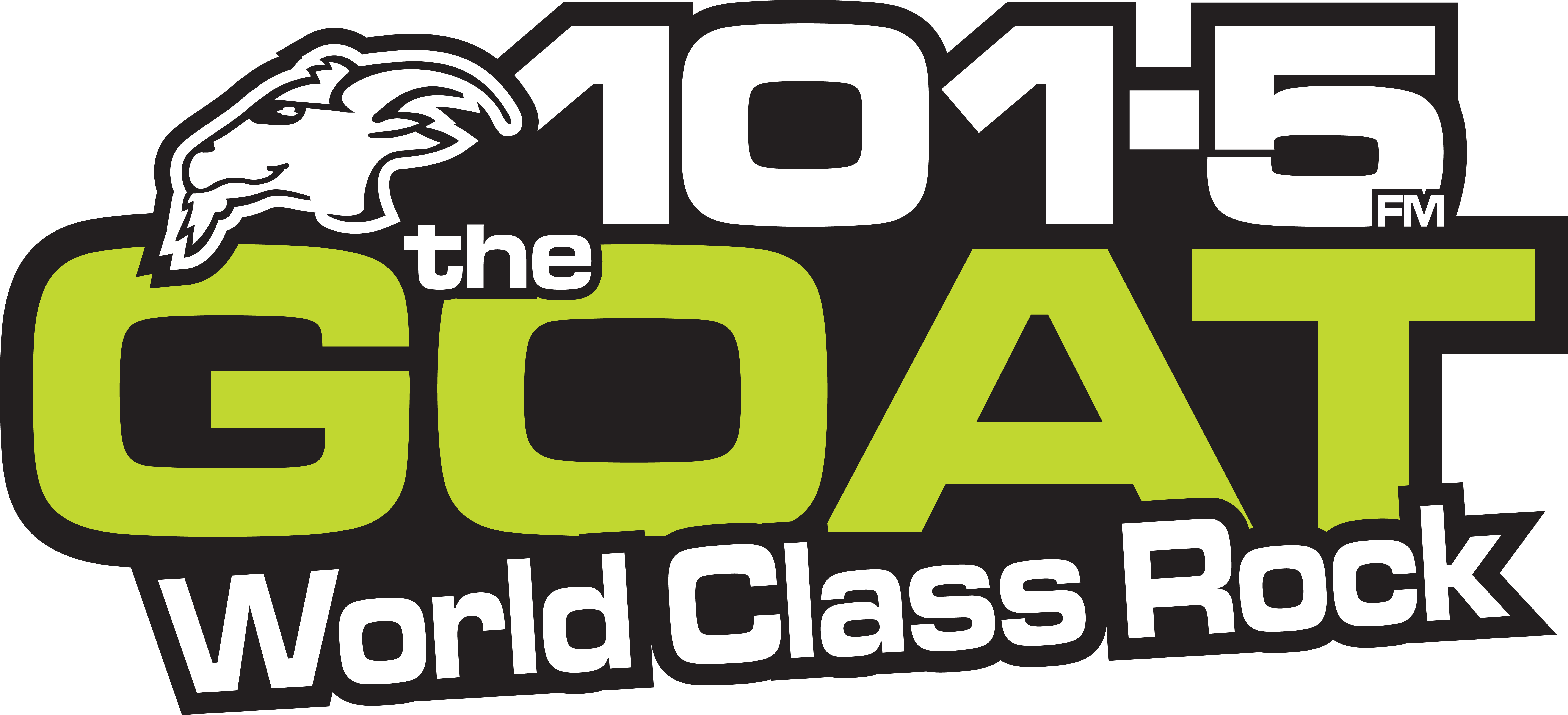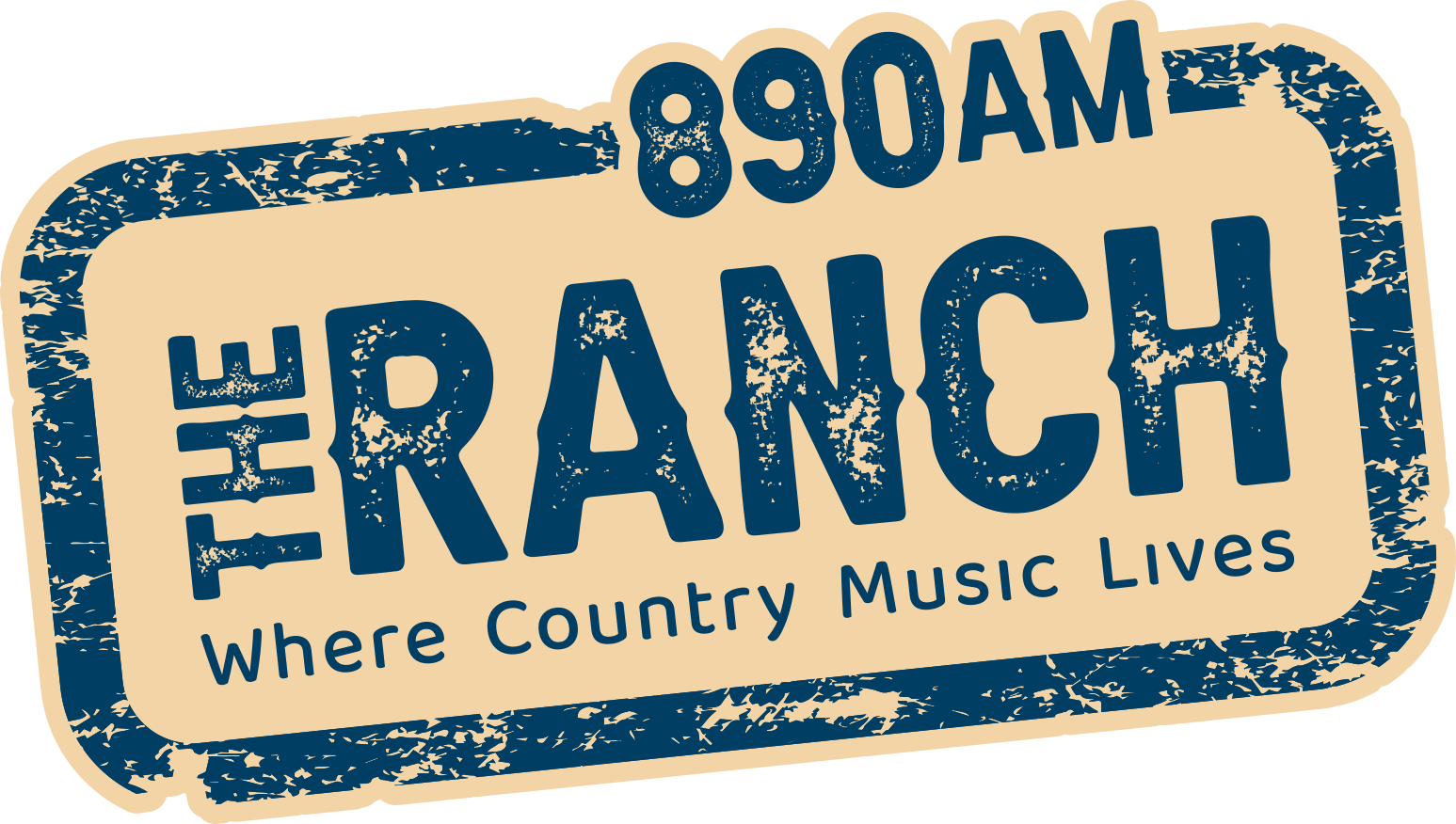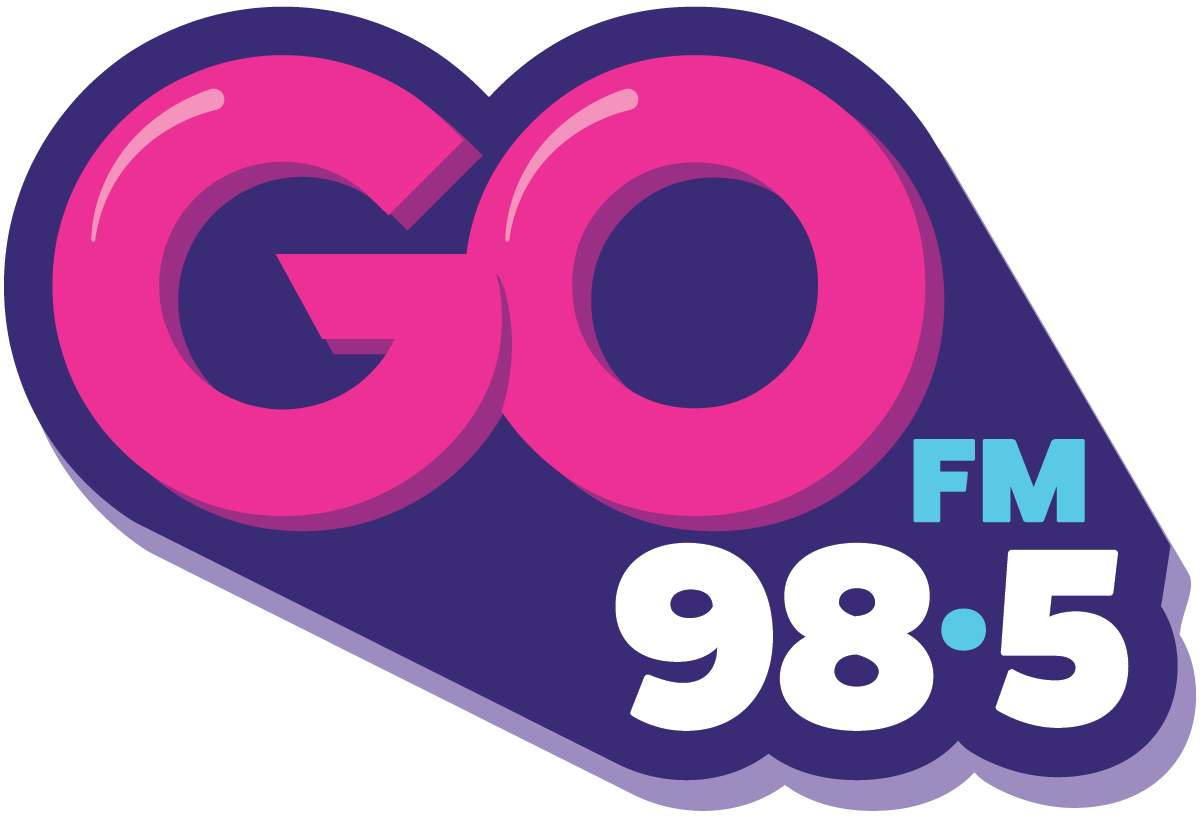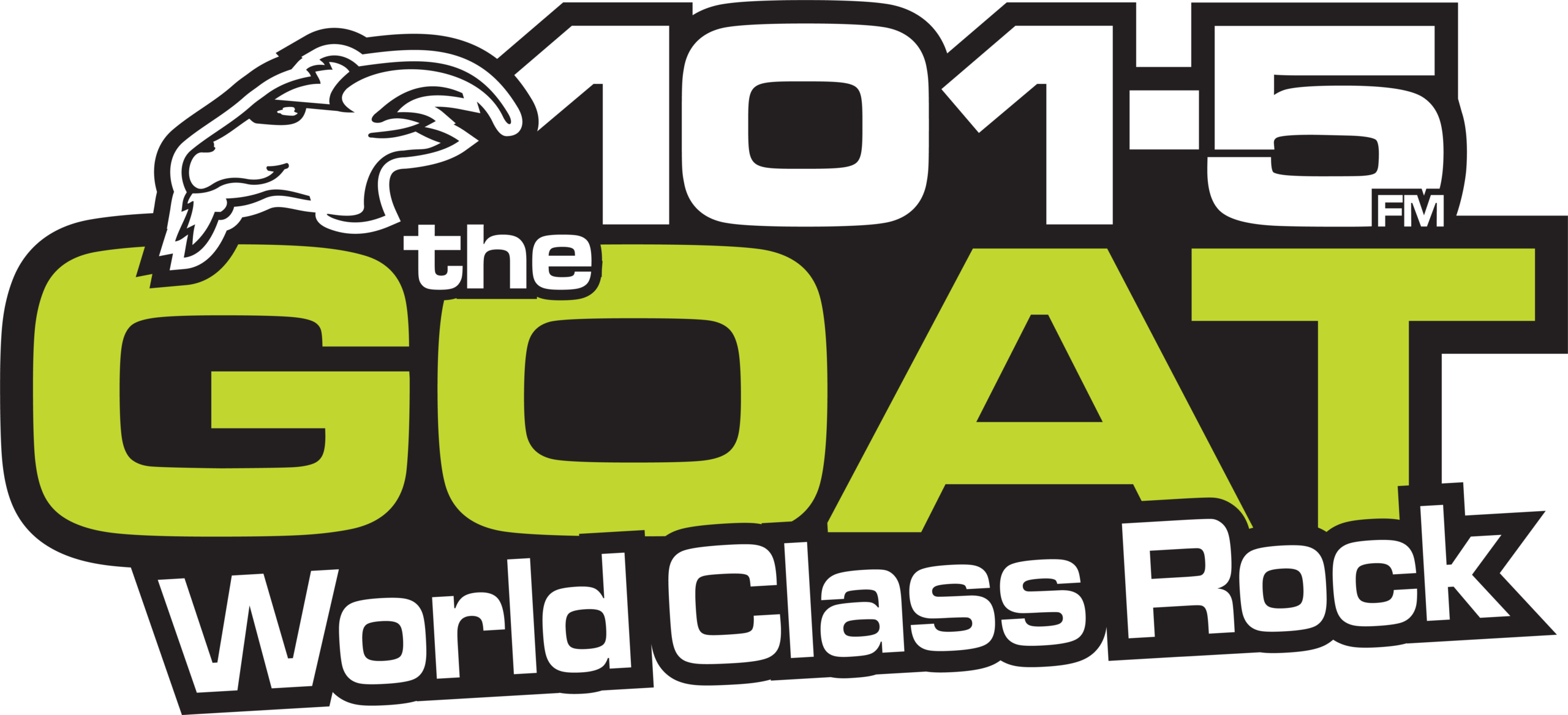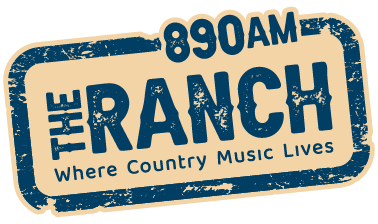Fort St John’s friendship centre will honour the National Day for Truth and Reconciliation on Tuesday morning. Residents are invited to join the society at Treaty 8.
Tuesday, Sept 30, will mark Orange Shirt Day, which was federally recognized as a holiday in 2021. The city’s friendship society is commemorating those lost to residential schools and the larger settler colonial structure on which Canada was founded.
“Taking part in a day like this one (means) acknowledging what has happened in the past and giving it its due focus,” said Todd Morrow, the executive director of the Fort St John Friendship Centre. “It’s pledging to make sure that the past does not repeat itself and that we move forward.”
Their event is in collaboration with the Treaty 8 Tribal Association and will begin at 10 a.m. at Treaty 8. After greetings, everyone will walk from there to the friendship centre on 95 Avenue to design orange t-shirts.
“Orange t-shirts work as a symbol and acknowledge all of the students that didn’t come home from residential schools,” Morrow said. The centre will have some shirts available, but people are welcome to bring their own as supplies are “semi-limited.”
Once the shirts are decorated, everyone will finish the solidarity walk and return to Treaty 8 for a barbecue lunch. For those who cannot attend an event, Morrow suggested, taking a moment to reflect and educate themselves.
“Research residential schools and the lasting impact that they’ve had and do some research into the children that did not come home,” he elaborated.
“Reconciliation is not a one-day event. On September 30, we come together and do events like this, but reconciliation is a 24/7, 365 days a (year) job. It’s something that needs to be done – and we need to do it on an individual and societal level. One thing I encourage people to do on days like this is think about how for the rest of the year (we can) support reconciliation.”
Year-round support is available from the friendship society, whose executive director said they “provide supports for urban Indigenous individuals who are not living in a community.”
They offer housing assistance, free breakfasts, and addictions counselling.
